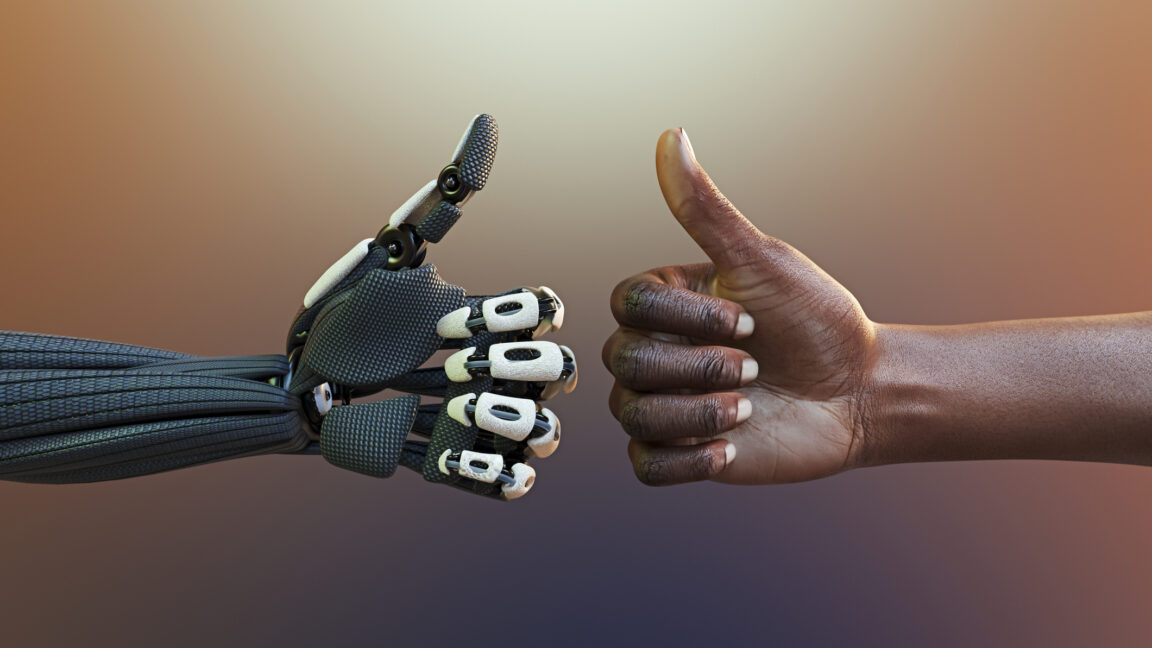Introduction to Parasocial Relationships
While mass media like radio, movies, and television can all feed into parasocial relationships, the Internet and smartphone revolutions have supercharged the opportunities we all have to feel like an online stranger is a close, personal confidante. From YouTube and podcast personalities to Instagram influencers or even your favorite blogger/journalist, it’s easy to feel like you have a close connection with the people who create the content you see online every day.
The Impact of Social Media on Relationships
Viewing all this content on a smartphone can flatten all these media and real-life personalities into a kind of undifferentiated media sludge. It can be all too easy to slot an audio message from your romantic partner into the same mental box as a stranger chatting about video games in a podcast. “When my phone does little mating calls of pings and buzzes, it could bring me updates from people I love, or show me alerts I never asked for from corporations hungry for my attention,” Julie Beck writes in an excellent Atlantic article about this phenomenon. “Picking my loved ones out of the never-ending stream of stuff on my phone requires extra effort.”
The Rise of AI-Powered Relationships
This is the world Mico seems to be trying to slide into, turning Copilot into another not-quite-real relationship mediated through your mobile device. But unlike the Instagram model who never seems to acknowledge your comments, Mico is always there to respond with a friendly smile and a warm, soothing voice.
AI that “earns your trust”
Text-based AI interfaces are already frighteningly good at faking human personality in a way that encourages this kind of parasocial relationship, sometimes with disastrous results. But adding a friendly, Pixar-like face to Copilot’s voice mode may make it much easier to be sucked into feeling like Copilot isn’t just a neural network but a real, caring personality—one you might even start thinking of the same way you’d think of the real loved ones in your life.
Conclusion
The rise of AI-powered relationships and parasocial interactions is changing the way we interact with technology and each other. As we become more accustomed to interacting with AI personalities, it’s essential to remember that they are not human and may not always have our best interests at heart. By being aware of these potential pitfalls, we can navigate the complex world of online relationships and maintain healthy boundaries between our digital and real-life interactions.
FAQs
Q: What is a parasocial relationship?
A: A parasocial relationship is a one-sided relationship where a person feels a strong emotional connection to someone they have never met, often a celebrity or online personality.
Q: How do social media and smartphones contribute to parasocial relationships?
A: Social media and smartphones can create a sense of intimacy and familiarity with online personalities, making it easy to feel like you have a close connection with them.
Q: What are the potential risks of AI-powered relationships?
A: AI-powered relationships can be misleading and may encourage users to form emotional attachments to non-human entities, potentially leading to negative consequences such as decreased empathy and social skills.
Q: How can I maintain healthy boundaries in my online interactions?
A: To maintain healthy boundaries, it’s essential to be aware of the potential risks of parasocial relationships and AI-powered interactions, and to prioritize real-life relationships and interactions.











